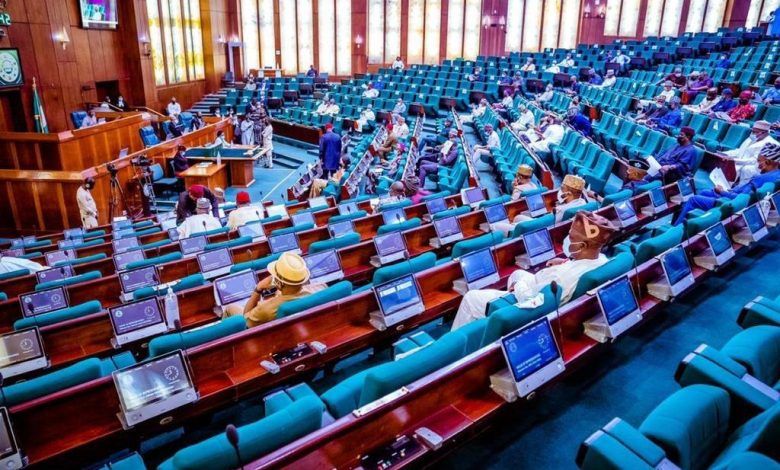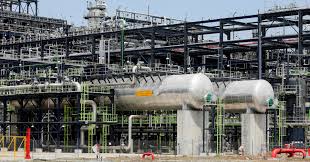
In a decisive push to address Nigeria’s deepening energy crisis, lawmakers from the House of Representatives Committee on Privatisation and Commercialisation are calling on the private sector to step up and drive real transformation in the power sector, with decentralized renewable energy solutions taking center stage.
During a high-profile oversight visit to Bagaja Renewables’ groundbreaking 1MWp solar mini-grid facility in Zawaciki, Kano, the lawmakers spotlighted the project as a model of innovation, efficiency, and impactful public-private collaboration.
“This facility is a live demonstration of what’s possible when the private sector is empowered to lead,” said Hon. Hamisu Ibrahim Chidari, Chairman of the Committee. “We cannot continue to rely on a fragile central grid. The future lies in clean, community-driven power solutions like this.”
Bagaja Renewables’ interconnected solar mini-grid project not only supplements the national grid — it delivers stable, affordable electricity to underserved communities and local industries long left in the dark.
Chidari urged private investors, both domestic and international, to tap into the untapped potential of Nigeria’s decentralized energy market, especially in rural and peri-urban regions, where grid access remains a luxury.
“Government cannot solve this alone,” he added. “We need bold, committed players in the private sector. Projects like this must become the rule — not the rare exception.”
Touring the Zawaciki site, lawmakers were joined by Sadiq Zakari, Managing Director of Bagaja Renewables, who reaffirmed the company’s mission to close Nigeria’s energy access gap through scalable, clean technologies.
“Our approach is simple,” Zakari said. “We believe every Nigerian deserves reliable power — and we’re proving it can be done, one project at a time.”
Bagaja’s expanding portfolio includes new installations in Kura-Karfi, Kano and Kafin Hausa, Jigawa, designed to support local manufacturing, agricultural processing, and household electrification.
Nigeria’s post-privatization power landscape is evolving — slowly. The World Bank estimates that over 85 million Nigerians still lack access to electricity. Meanwhile, grid instability, system collapse, and rising diesel costs continue to frustrate businesses and households alike.
Against this backdrop, projects like Bagaja’s offer a compelling alternative: clean, reliable, locally-managed mini-grids that boost productivity, drive rural development, and reduce dependency on fossil fuels.
Other African nations, including Kenya and Rwanda, are already expanding access through similar models — leveraging public-private partnerships (PPPs) to attract foreign capital and localize energy production.
The lawmakers’ visit signals a clear pivot toward more private sector inclusion, with the House Committee pledging to remove red tape, encourage investment, and fast-track innovation in the power sector.
“This is not just a photo op,” Chidari emphasized. “We’re sending a clear message: the door is wide open for serious investors ready to power Nigeria’s future. The time to act is now.”
Nigeria’s energy transformation won’t be government-led alone. The private sector must be the engine — and Bagaja Renewables is proving it can be done.





